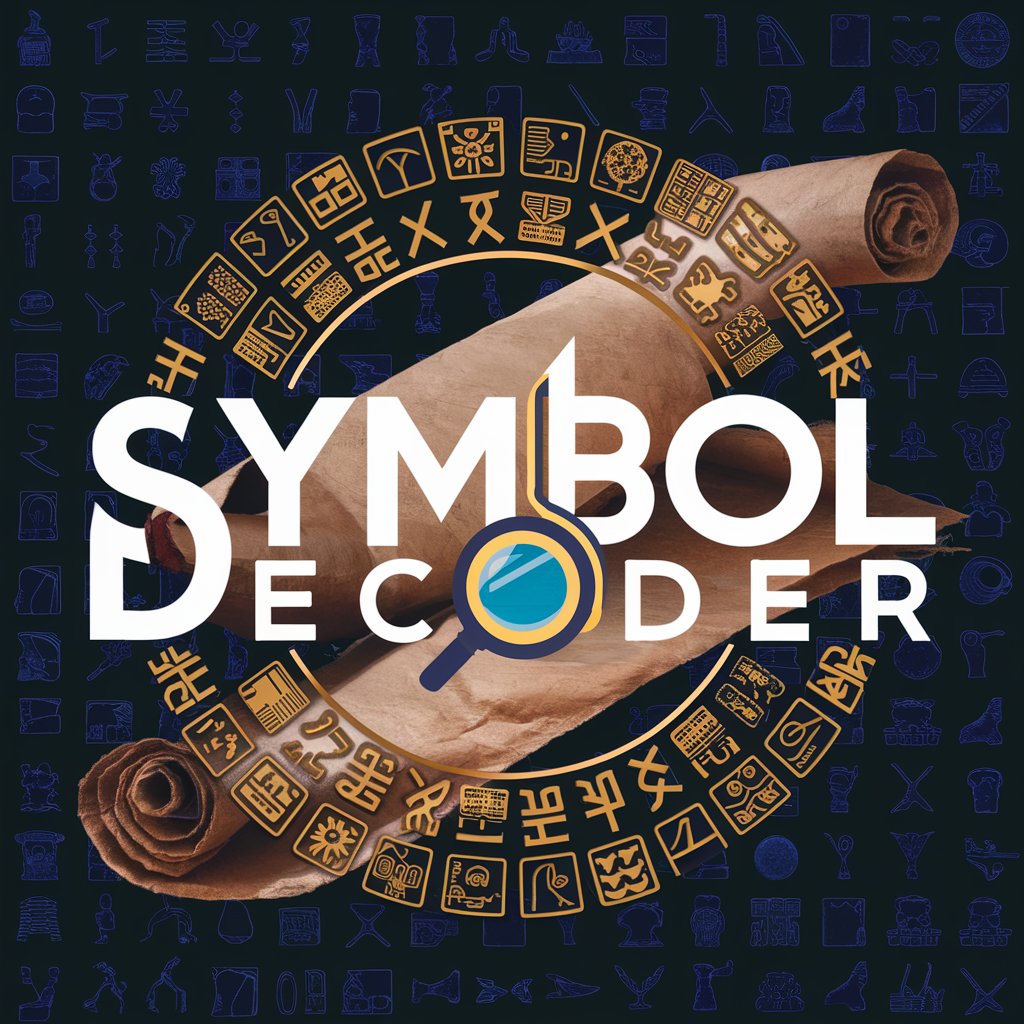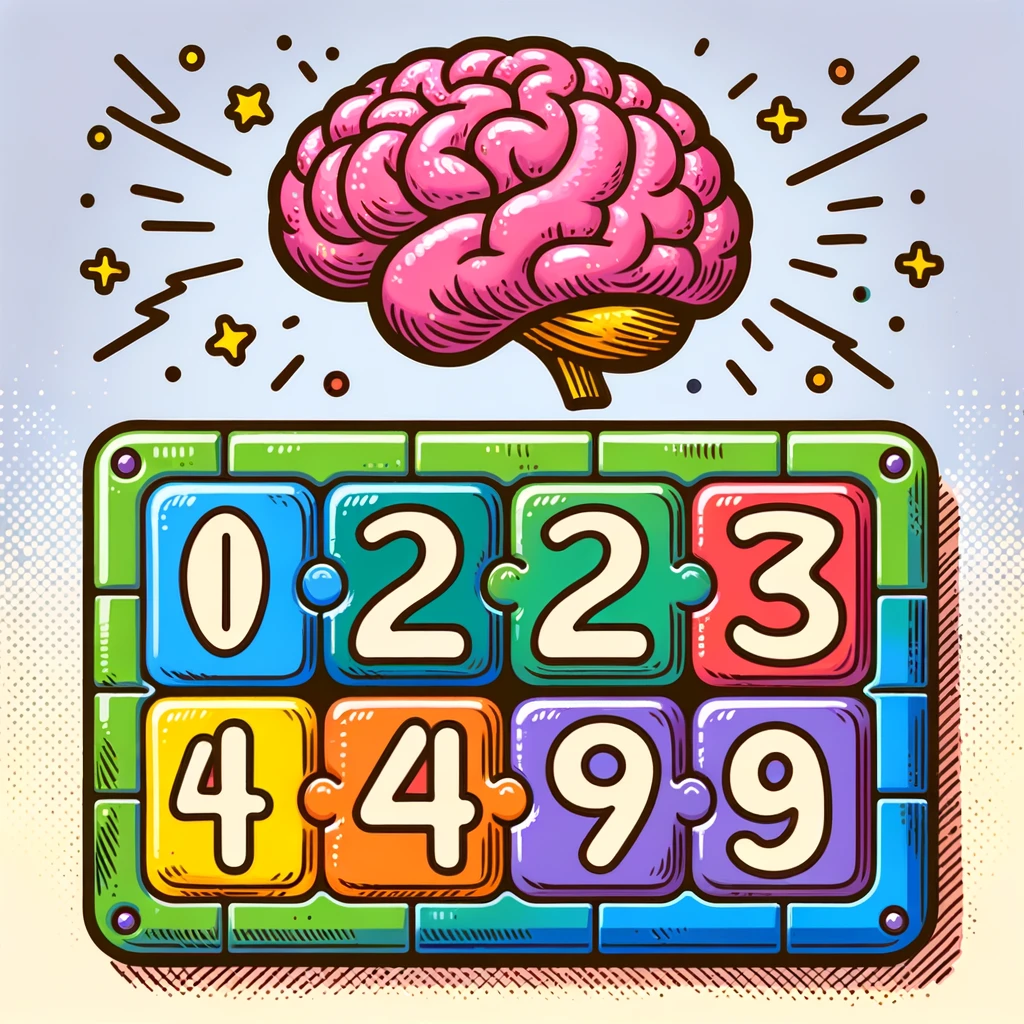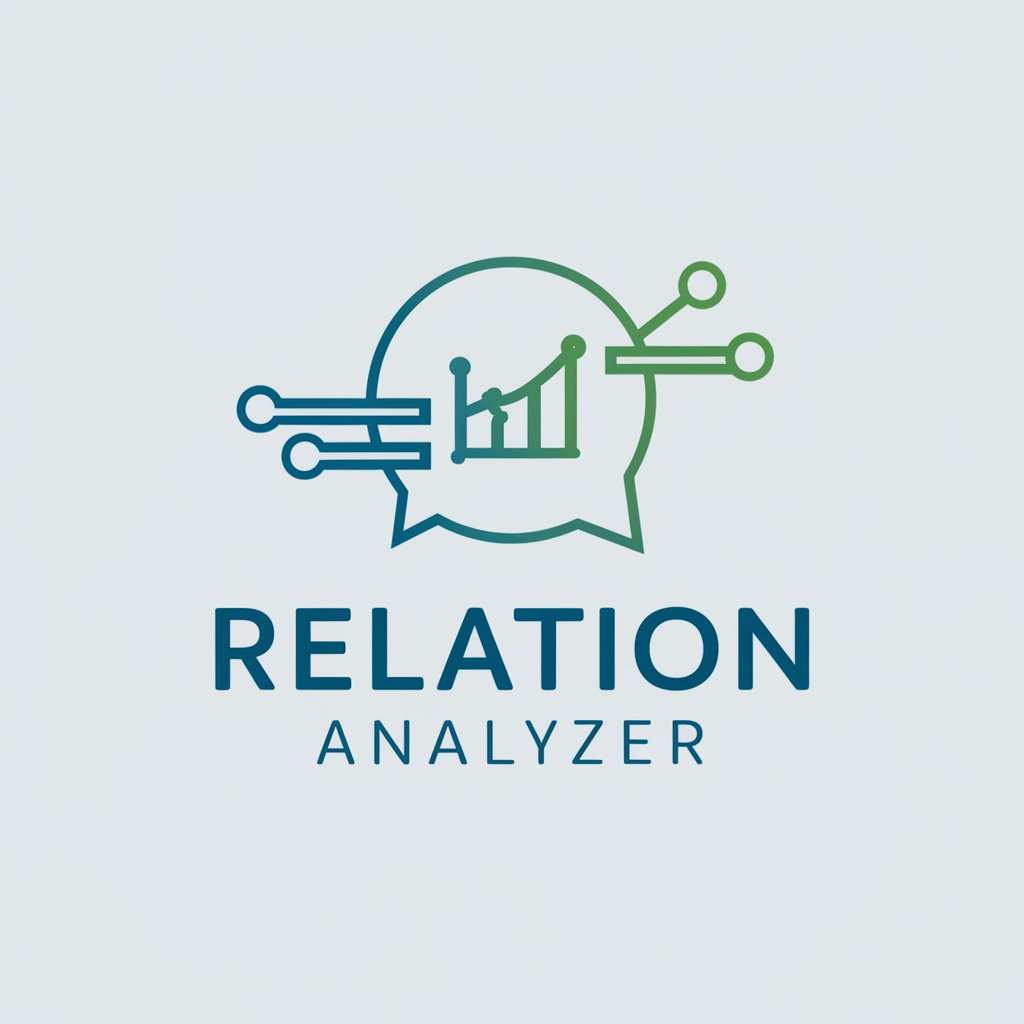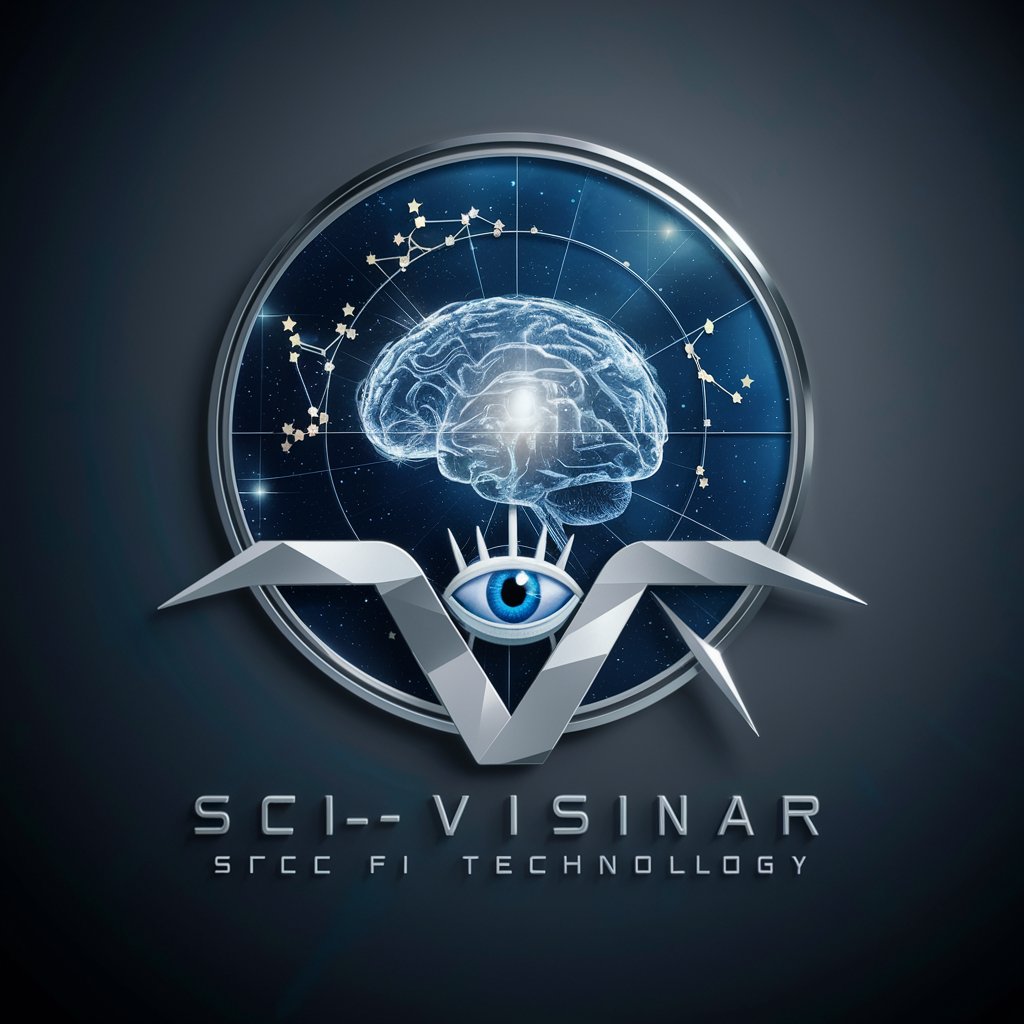Symbol Decoder - Symbol Interpretation Aid

Welcome! Let's decode the world's symbols together.
Decipher symbols with AI-powered insights
Can you explain the meaning behind this ancient symbol from...
What is the historical significance of this icon in...
How has the use of this symbol evolved in different cultures?
What are the common interpretations of this sign in semiotics?
Get Embed Code
Introduction to Symbol Decoder
Symbol Decoder is a specialized AI designed to assist users in deciphering symbols, signs, and iconography from diverse cultures and historical periods. Its primary aim is to offer insights into the meanings, origins, and usages of various symbols, facilitating a deeper understanding of humanity's rich symbolic expression through time. This AI is adept at interpreting symbols within their historical, cultural, and semiotic contexts, providing users with detailed explanations that go beyond surface-level interpretations. For instance, when presented with an ancient Egyptian hieroglyph, Symbol Decoder can not only identify the symbol but also explain its significance in the context of Egyptian mythology, its evolution over time, and its impact on later cultures. Similarly, when analyzing a modern logo, it can discuss the semiotics of its design elements, the cultural or corporate values it represents, and its effectiveness in contemporary visual communication. Powered by ChatGPT-4o。

Main Functions of Symbol Decoder
Symbol Interpretation
Example
Deciphering the meaning behind the Swastika symbol, explaining its origins as a symbol of good fortune in Hinduism, Buddhism, and Jainism, and its appropriation and negative connotations in the 20th century.
Scenario
A historian researching symbols appropriated by political movements might use this function to understand the historical context and transformation of symbols.
Cultural Iconography Analysis
Example
Analyzing the iconography of the Madonna in Christian art, tracing its evolution through different art historical periods, and discussing its significance in religious and cultural contexts.
Scenario
Art history students studying the depiction of religious figures across cultures could apply this function to deepen their understanding of symbolic representations in art.
Semiotic Analysis
Example
Examining the semiotics of color in national flags, discussing how specific colors are used to convey political, cultural, or historical meanings.
Scenario
Designers working on a multicultural marketing campaign might use this function to ensure their designs appropriately reflect and respect cultural symbols and colors.
Historical and Cultural Contextualization
Example
Providing context for the use of animal symbols in Native American cultures, explaining their significance in storytelling, spirituality, and social structure.
Scenario
A writer incorporating Native American symbols into their work would benefit from this function to portray these elements with accuracy and respect.
Ideal Users of Symbol Decoder Services
Researchers and Academics
Individuals engaged in scholarly research on symbols, semiotics, art history, and cultural studies. They benefit from Symbol Decoder's in-depth analysis and historical contextualization to support their research with accurate interpretations of symbols across cultures.
Students
Students across various disciplines including history, art, design, and cultural studies. They use Symbol Decoder to gain insights into the significance of symbols within their field of study, aiding in the completion of assignments and the expansion of their academic knowledge.
Creative Professionals
Designers, writers, and artists who incorporate symbolic elements into their work. They rely on Symbol Decoder for understanding the meanings and implications of symbols they wish to use, ensuring their creations communicate the intended messages without cultural misappropriation or insensitivity.
Cultural Enthusiasts
Individuals with a keen interest in mythology, cultural heritage, and symbolic traditions. They explore Symbol Decoder to satisfy their curiosity and deepen their understanding of symbols from around the world, enriching their personal and cultural knowledge.

How to Use Symbol Decoder
Begin Your Journey
Visit yeschat.ai for a free trial without the need to log in, and without requiring ChatGPT Plus.
Identify Your Symbol
Upload an image of the symbol or describe it in detail. Be as specific as possible about its features, colors, and where you encountered it.
Ask Your Question
Frame your question clearly, whether you're seeking the symbol's meaning, historical context, cultural significance, or usage.
Explore Additional Resources
Utilize the provided links to academic journals, books, or websites for further in-depth research on your symbol.
Review and Reflect
Carefully read the provided information to understand the multifaceted interpretations and applications of the symbol within various contexts.
Try other advanced and practical GPTs
Special Forces Historian
Unveiling the Legacy of Elite Special Forces

MasterMind GPT
Crack the Code with AI

Transmission GPT
Empowering innovation with AI-driven education

Personal Biographer
Craft Your Legacy with AI

CoachMe Career AI Coach
Empowering Your Career Journey with AI

Essay Composer
Crafting Your Ideas into Words

Relation Analyzer
Decoding Relationships with AI

GPT Builder Assistant
Craft Your AI, Power Your Ideas

Guide Nova
Empowering emotional resilience with AI

Sci-Fi Visionary AI
Envisioning Tomorrow with AI-Powered Innovation

CDSS3R
Streamline Medical Decisions with AI

Algonquin Mentor
Reviving Algonquin Heritage with AI

Frequently Asked Questions about Symbol Decoder
What symbols can Symbol Decoder analyze?
Symbol Decoder can analyze a wide range of symbols from diverse cultures and historical periods, including religious icons, historical emblems, cultural motifs, and semiotic signs.
How accurate is Symbol Decoder in interpreting symbols?
While Symbol Decoder strives for accuracy by relying on historical data, cultural studies, and semiotics, interpretations can vary based on context. It's important to consider multiple perspectives.
Can Symbol Decoder help with academic research?
Absolutely. Symbol Decoder is an invaluable tool for students, historians, and researchers, providing detailed analyses, cultural contexts, and historical backgrounds for symbols used in academic writing and research.
Is there a limit to how many symbols I can ask about in one session?
No, there isn't a strict limit. However, for a more in-depth analysis, it's recommended to focus on one symbol per query to allow for a comprehensive exploration of its significance.
Can Symbol Decoder generate images of symbols?
Yes, Symbol Decoder can generate images to illustrate possible appearances of symbols based on your descriptions, aiding in visual identification and understanding.
